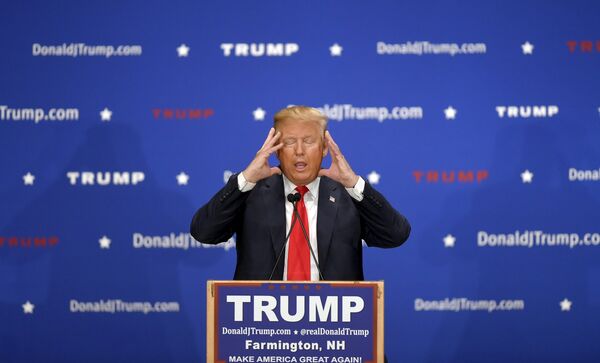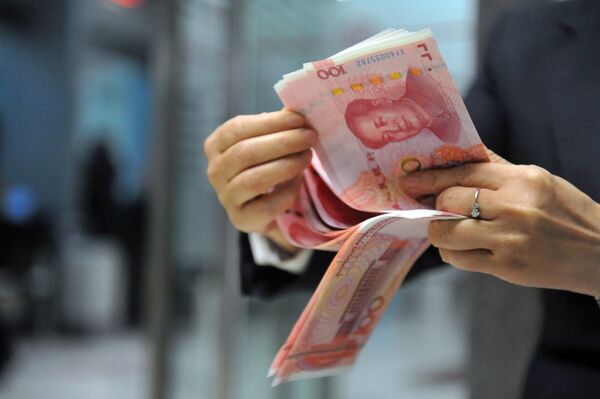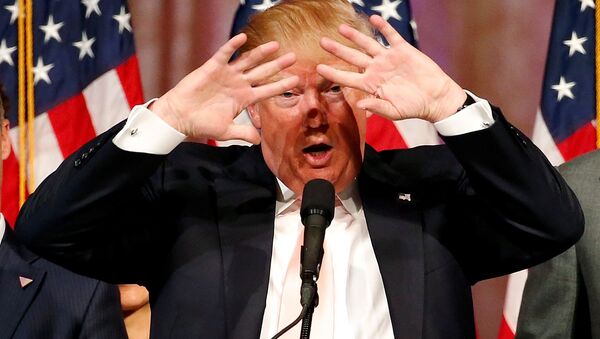That is why President Trump's "risk level" is pegged rather high at 12 (moderate probability, high impact.) But what are, according to The Economist, the biggest threats to the world as of March 2016 — besides the combed-over magnate?
Economist states "Trump is a top 10 threat" but neglected to mention that Hillary's "loyal adoring pal" owns it https://t.co/5bVG0gZy4X
— WikiLeaks (@wikileaks) March 17, 2016
(White) House of Trump
Trump, a "businessman and political novice" has taken a strong anti-trade stance, which could disrupt the US's relationship with partners such as China and Mexico, whilst escalating into a trade war. Trump's right-wing stance on the Middle East and his hostility toward Muslims, as the analysis point out, "would be a potent recruitment tool for jihadi groups, increasing their threat both within the region and beyond."

While admitting that Trump would most likely be defeated by Hillary Clinton in November, and that a hostile Congress would block his most extreme decisions, the group believes a Trump presidency to be very dangerous.
Bye-Bye Britain
Brexit is another risk ranked pretty high on the list (8) — although not very probable. While expecting June's vote to be a victory for the "In" campaign, the think tank believes it will be a narrow one nonetheless.

Were the "Out" campaign to win, the GFS forecasts that:
"It would have negative ramifications for the UK — still the fifth biggest economy in the world, and whose exporters would struggle in the face of regulatory and tariff uncertainty, and whose position as a leading global financial services hub would be imperiled. However, it would also harm the EU itself, given that the UK is one of the few relatively fast-growing economies in Europe."
What about Grexit?
With all these talks about Brexit, a Greek adios to the Eurozone could actually be a big concern. GFS gives it a 15 risk potential, and a moderate probability.

The reasoning is that Greece would kick-start the demise of the whole Eurozone, with many disgruntled members leaving and a potential bank crisis following suit.
"Banks would suffer huge losses in their sovereign bond portfolios, resulting in major disruption to the global financial system and plunging the world economy into recession."
The 'Dragon' Slows Down
If China's economy were to slow down, all bets are off. GFS believe that it could happen, and it would be extremely bad — a risk degree of 20!

Debt, inflation and manufacturing deterioration could set off an Asian — and subsequently global — doomsday sooner than we think. It would trigger an alarming and never-before-seen domino effect.
"If China's economy slows by more than we currently expect, it will further feed the ongoing global commodity price slump (especially in oil and, in particular, metals), with a hugely detrimental impact on those Latin American, Middle Eastern and Sub-Saharan African states that had benefited from the earlier Chinese-driven boom in commodity prices," GFS writes.
The EU and the US would also be badly affected — very badly.


